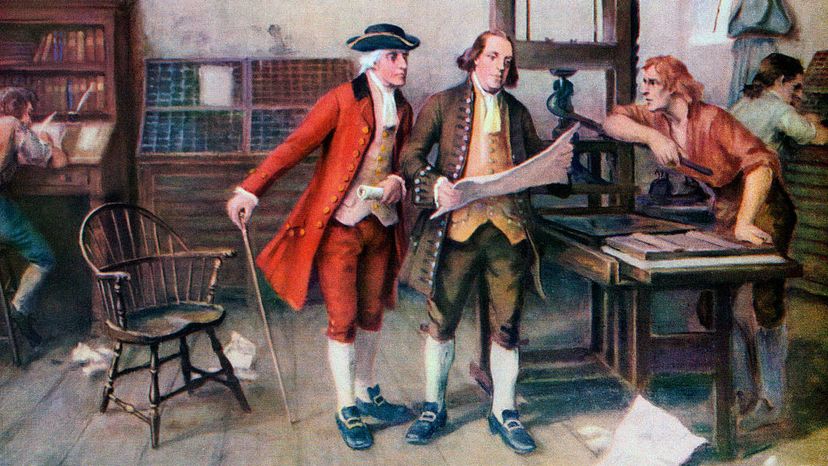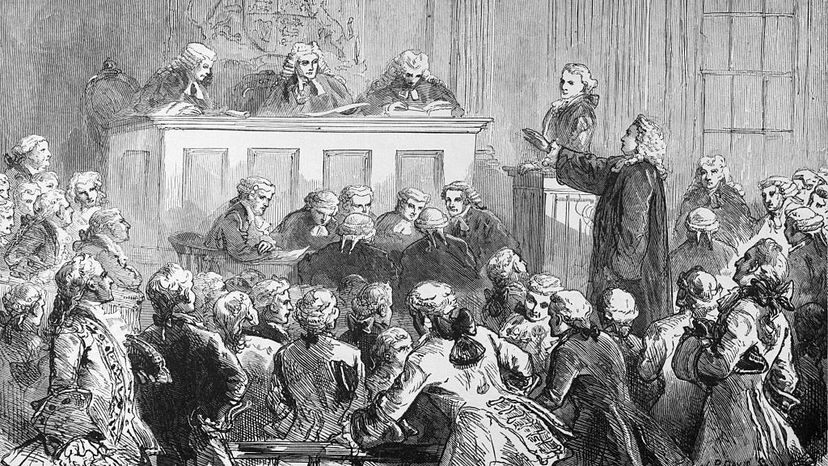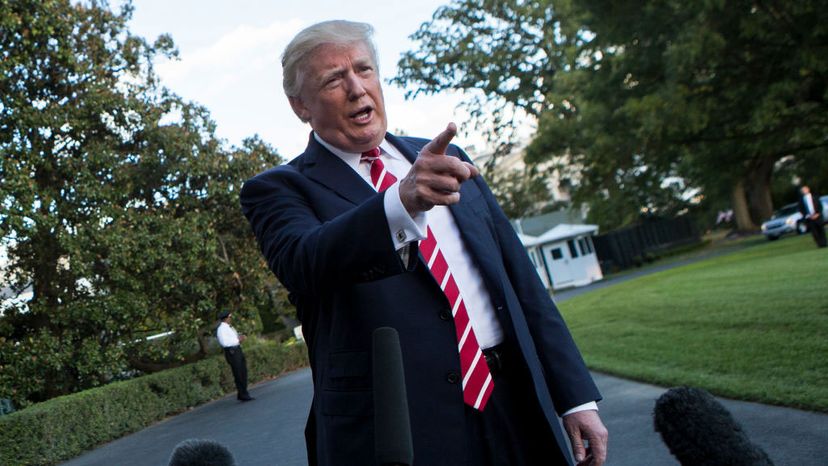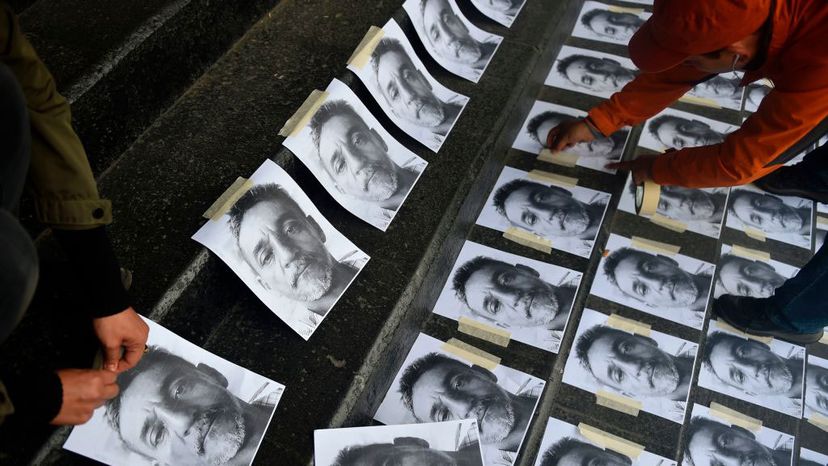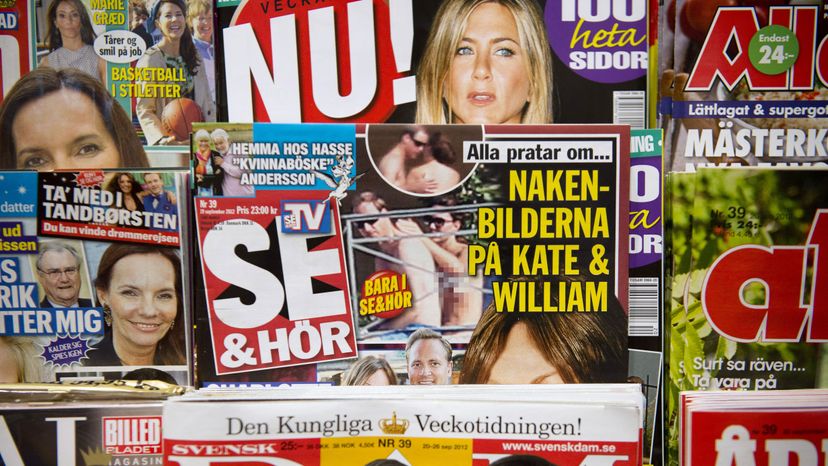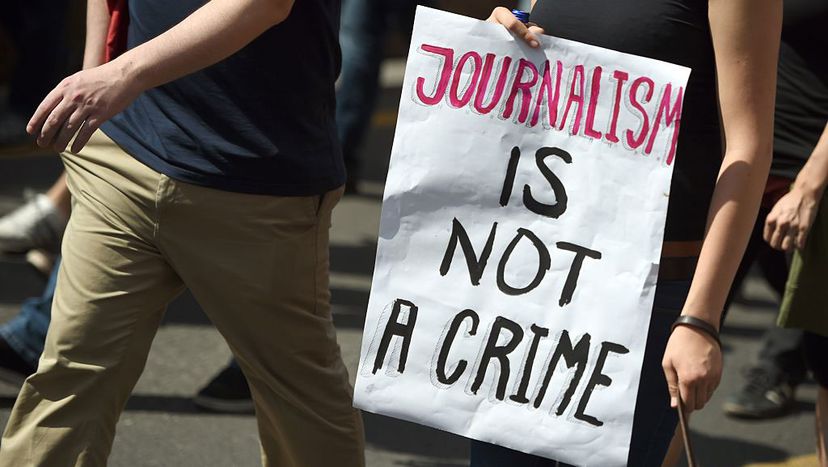
In 1971, a RAND Corporation analyst named Daniel Ellsberg surreptitiously released what became known as the Pentagon Papers to The New York Times. The papers revealed a damning history of the United States' involvement in the Vietnam War and essentially showed that the war could never be won with the resources that U.S. allocated to the effort. But more importantly, the Pentagon Papers proved that the government intentionally lied to the American public and to Congress about the conflict [source: Cooper and Roberts].
After the excerpts started appearing in the Times, the Nixon Administration got a court order preventing the publication from printing more of the documents, alleging they violated national security. This was the first time a government had successfully ordered prior restraint (an order to censor news in advance of publication) on national security grounds.
Advertisement
In response, Ellsberg gave copies of the Pentagon Papers to the Washington Post which began printing excerpts as well. The Nixon Administration sought another injunction but was refused. The government appealed and the case went all the way to the Supreme Court. The Court ruled that the prior restraint was unconstitutional, arguing, "Only a free and unrestrained press can effectively expose deception in government...In revealing the workings of government that led to the Vietnam War, the newspapers nobly did that which the Founders hoped and trusted they would do." [source: Bill of Rights].
New York Times v. United States was one of the biggest victories for the freedom of the press, one of the most overused — and increasingly, misunderstood — phrases in modern society. At its core, the term refers simply to the ability of people to publish materials on paper or through digital media without government interference (i.e., censorship). But even in the U.S., where press freedom is enshrined in the Constitution, there are some limits, which we'll explain later.
In other parts of the world, press freedom is not a given, and in those areas, it's easier for powerful people to take advantage of unknowing citizens. In this article, we'll look at the history of press freedom, how it is deployed in different places and why press freedom is good for the economic development of a country.
Advertisement
